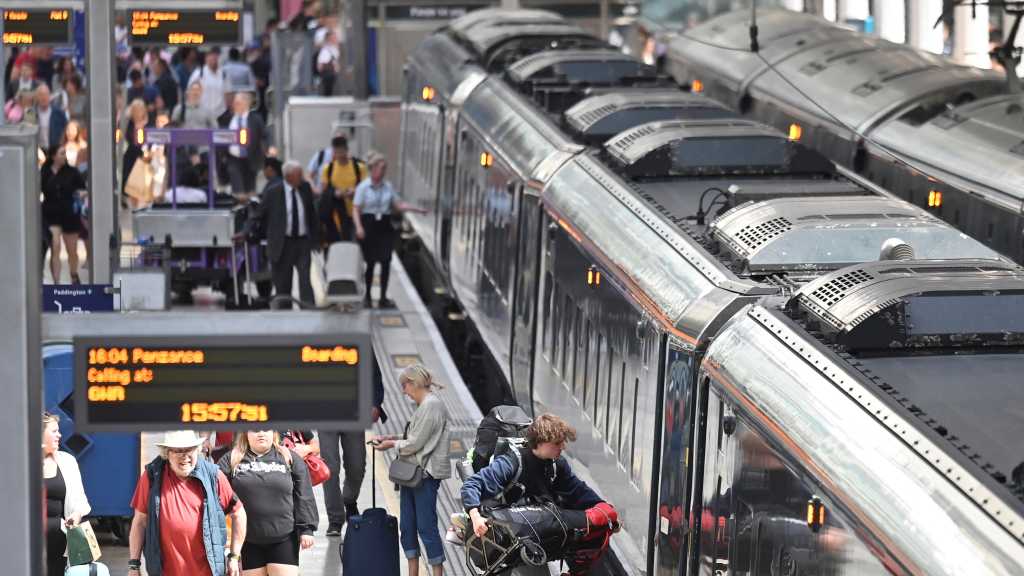By Al Ahed Staff, Agencies

According to the Guardian, experts said the figures – which show rail services in the north and Midlands as the hardest hit – demonstrated the impact of two decades of privatization, which had increased costs and public subsidies, combined with labor shortages exacerbated by the pandemic.
The analysis came as industrial action paralyzed the rail network on Boxing Day. Millions who had to travel instead turned to their cars, as members of the Rail, Maritime and Transport union [RMT] went on strike as part of a long-running dispute over pay, jobs and conditions. The AA estimated that 15.2m vehicles were on the roads on Boxing Day.
Rail unions have planned several more strike days in the first week of January. The RMT union plans strikes across four days early in January, and the Aslef union, which represents drivers, is staging a strike on 5 January.
The analysis, which looked at the 100 busiest stations in Great Britain, found that stations in the north and Midlands tended to get proportionately more delays and cancellations.

No comments:
Post a Comment